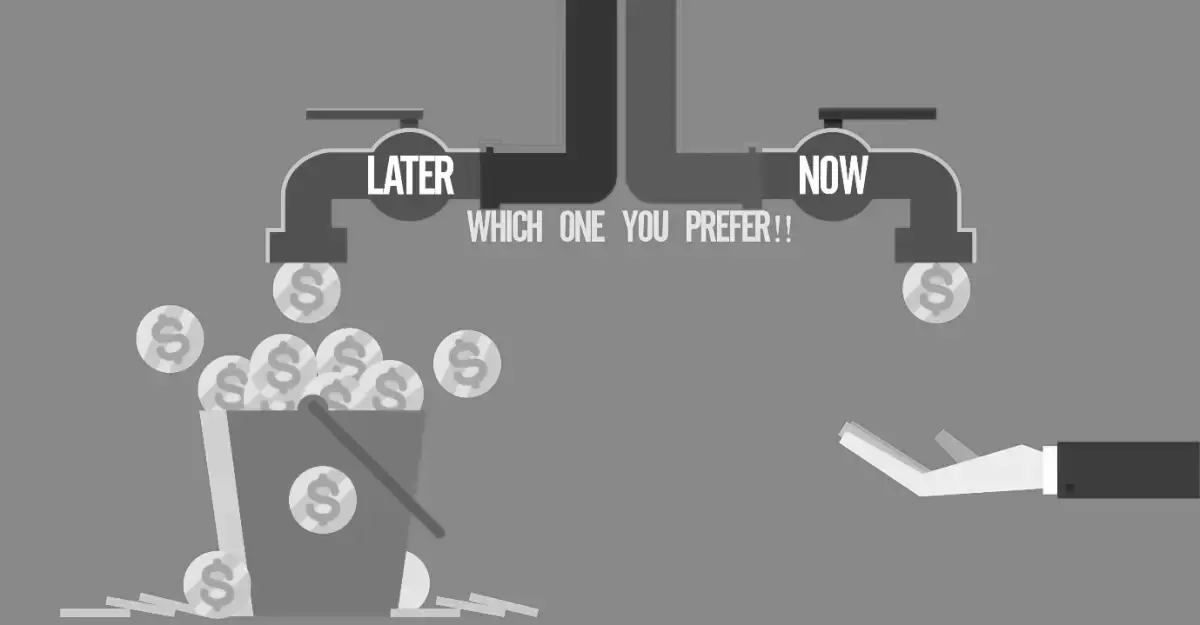Introduction
In the realm of decision-making, the mental model of Delayed Gratification plays a crucial role. It refers to the ability to resist immediate rewards in favor of larger, long-term benefits. Anchored in human psychology, this mental model unveils the significance of patience and self-control in our decision-making processes. Delayed Gratification is prevalent in our day-to-day lives and can have profound implications for personal choices, business strategies, and public policy-making. In this blog post, we will explore the concept of Delayed Gratification, analyze its occurrence in various contexts, delve into the mental biases that contribute to it, provide practical strategies to identify and overcome its allure, and emphasize the value of awareness in avoiding this mental trap.
Understanding Delayed Gratification
Delayed Gratification refers to the ability to resist immediate rewards in favor of obtaining greater rewards in the future. It requires the willingness to endure short-term discomfort or forego immediate pleasures to attain long-term benefits. This mental model involves a shift in perspective, valuing delayed outcomes and recognizing the trade-offs between instant gratification and future gains.
The Relevance of Delayed Gratification in Decision-Making
Delayed Gratification holds significant relevance in decision-making processes across various domains, including personal life decisions, business scenarios, and public policy-making. By resisting the impulse for immediate gratification, individuals and groups can make rational choices aligned with their long-term best interests.
Examples of Delayed Gratification in Various Contexts
- Personal Life Decisions: Consider the decision to save money for retirement instead of indulging in impulsive spending. By choosing to delay the enjoyment of material possessions or experiences, individuals can secure a more comfortable future and financial stability. Failure to practice Delayed Gratification in this scenario can lead to financial struggles and an uncertain retirement.
- Business Scenarios: Delayed Gratification is crucial for businesses in areas such as investing in research and development or employee training. By allocating resources to long-term growth and innovation, companies can enhance their competitiveness and create sustainable advantages. However, a short-term focus on immediate profits at the expense of investment can hinder a business’s long-term success.
- Public Policy-Making: Delayed Gratification is essential in the formulation of public policies that address long-term societal challenges. For instance, investing in education, healthcare, and infrastructure requires allocating resources toward future benefits, even if the impact may not be immediately visible. Prioritizing short-term gains over long-term investments can hinder social progress and economic development.
Mental Biases and Psychological Underpinnings
Several mental biases and psychological factors contribute to Delayed Gratification:
- Present Bias: Present bias leads us to place more value on immediate rewards compared to future rewards. The allure of instant gratification often overshadows the potential benefits of delaying gratification.
- Impulsivity: Impulsive individuals may struggle with Delayed Gratification due to their tendency to prioritize immediate desires over long-term goals. Impulsivity can hinder the ability to plan, weigh consequences, and make rational decisions.
- Loss Aversion: Loss aversion is the tendency to weigh potential losses more heavily than equivalent gains. Fear of missing out or the fear of losing out on immediate rewards can undermine the ability to delay gratification for larger, future benefits.
Strategies to Overcome Delayed Gratification
- Goal Setting: Clearly define your long-term goals and break them down into actionable steps. Establish milestones to track progress and maintain focus on the bigger picture.
- Marshmallow Test Technique: Emulate the famous Marshmallow Test by placing small rewards in front of you but resisting immediate consumption. Practice delaying gratification gradually, building self-control over time.
- Building Patience Muscle: Engage in activities that require patience, such as meditation, mindfulness, or pursuing hobbies that have delayed outcomes. This cultivates patience and strengthens your ability to resist instant gratification.
- Accountability and Support Systems: Seek accountability from trusted individuals or join groups with similar goals. Sharing your aspirations and progress with others can provide support and encouragement in times of temptation.
Conclusion
Delayed Gratification is a mental model that empowers individuals to make decisions aligned with their long-term best interests. By understanding the psychological underpinnings and mental biases that contribute to Delayed Gratification, we can develop strategies to overcome the allure of immediate rewards. Goal setting, patience-building exercises, and external accountability play significant roles in avoiding impulsive decision-making. Cultivating awareness and actively avoiding the trap of instant gratification can lead to better outcomes, both personally and professionally. By mastering Delayed Gratification, we unlock the power of patience and pave the way for a more fulfilling and successful future.
